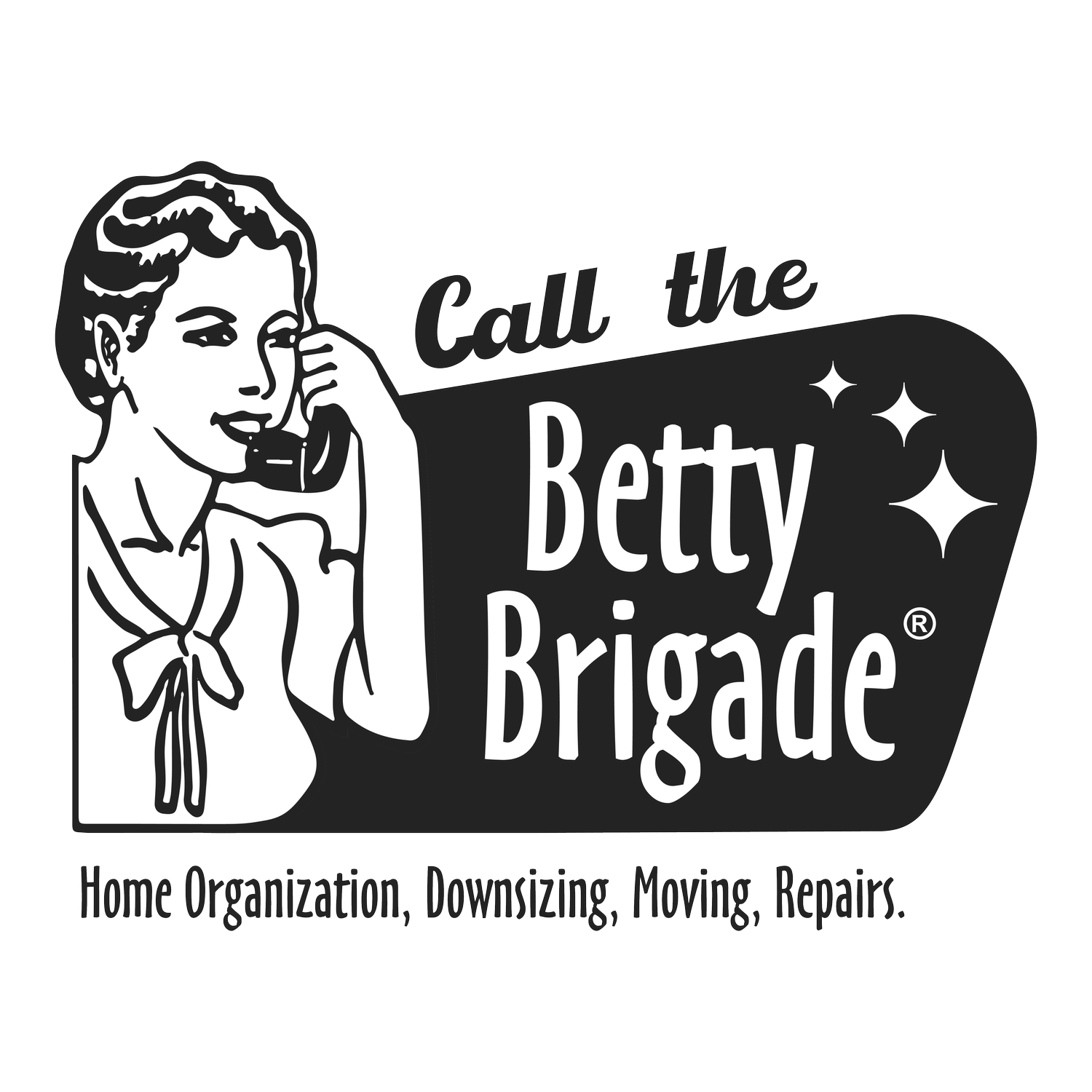The Food Chain Of Stuff — Where Does All Your Things Go
The question we get asked the most often is, “Where Will My Stuff Go?” Let’s talk about what to do with the things you do not plan on taking with you and the food chain of stuff.
After de-cluttering and giving things to family, you may still have a lot of stuff you do not plan on taking with you. This can include anything from sets of “good” china to snow-blowers you will not need. Often there is value in this stuff, and selling it will make you happy, …but realizing that value takes some effort.The question we get asked the most often is:
Where Will My Stuff Go?
And the answer is, “It depends.” I know that’s not the answer you may want, but it’s the truth. Grab a beverage; this may take a minute. Think of “Stuff” as all the stuff in the world: your stuff, your family’s stuff, your neighbor’s stuff, the hoarder down the street’s stuff, the British Royalty’s stuff, Dolly Parton’s stuff …you get my point. Anyhow, there’s lots of stuff, and not all stuff is created equally. Some stuff is very high-end (British Royalty), and some stuff may not be so high-end, (the hoarder down the street’s stuff or that set of sheets your grandma gave you). Fortunately for us all, there are places that take the high-end stuff (think Sotheby’s Estates and Auctions), places that take the next level down (local antique dealers and estate sellers), and places that take the next level down from that (consignment dealers/eBay, re-sellers), and the next level down from that (Craig’s List, Facebook Marketplace), and the next level down from that (Donation Centers), and the next level down from that (recycling centers). The final level is the trash level. Take a look at the drawing we’ve included here. We created it to help you visualize and understand the different levels of “stuff,” and the reason why we say, “It depends.” Each service level in the chain is particular about what they will and will not take. This is where the sorting process is valuable. OK, you’re thinking, “Can’t I just get rid of it all and walk away?” Yes, you can, but you are probably leaving money on the table that can easily go back into your pocket. This is one of those “personal choice” moments…
How Can You Decide if There Is Enough to Have an Estate Sale?
Most estate sellers need to make $6,000 gross (meaning: the money they bring in from the items sold and the percent they keep as their payment) in order to make it worth their time to have a sale. They work on a commission and typically take somewhere between 25%-35%. That is an industry average, and each seller will have their way of doing things. You will need to understand how they work, how fast they pay and other things about them before you hire them. There are also high-end estate sellers and “quantity” estate sellers (dealing with hoarders), so ask them who their typical client is and how large their list of potential buyers is. You need to know this.Estate sales or home auctions are a great way to empty a home and make a little money. Don’t expect to make tons; remember it is used stuff, and unless it is highly collectible, the estate sale is just a fast way to empty your home. Don’t be dismayed if there is 30%-50% of the stuff left after an estate sale. The estate seller is invested in making as much money as possible, so they will try to sell as much as they can. But there is no way to guarantee the items will sell, so be pleased with what sells and decide what will happen ahead of time if certain items do not sell in the sale. You will find more tips about estate sales and estate sellers in Chapter 5 of my book “Downsizing the Silver Tsunami.”
If you need help with your downsizing process, get in touch with us: https://bettybrigade.com/contact-us. Or give us a call Toll-free at 1-888-742-3889 or 734-994-1000Until next time – Keep It Simple!



